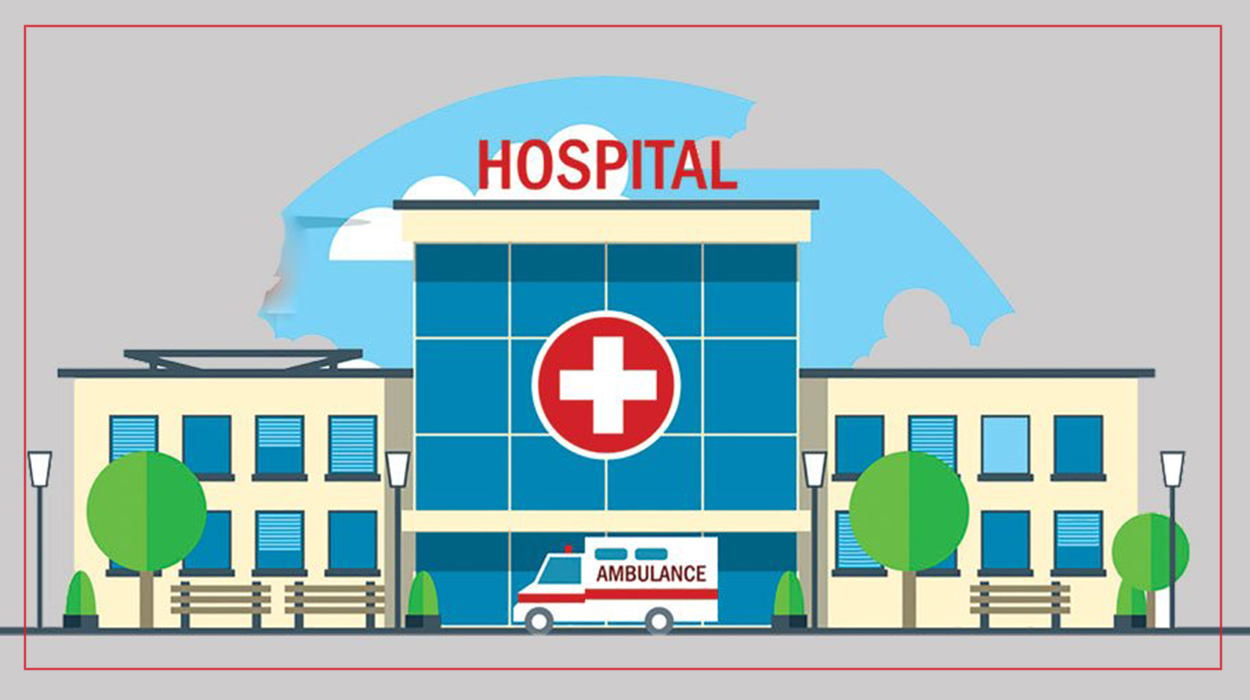
I enjoyed reading Seth Taylor’s July 29 article, “South Carolina is booming, but the Pee Dee is shrinking,” which reports on data from the S.C. Revenue and Fiscal Affairs Office.
The office estimates that the number of people living in the Pee Dee could shrink by 17% by 2042. The most provocative projection is that some counties could lose nearly a third of their populations. I read with some concern, since I’ve lived in Marion since 1993.

My wife and I raised our children here, and we expect to live the rest of our lives here. However, although I’m not a demographer, I have reason for optimism. First, as Taylor reminds us later in the article, “It’s difficult to make projections for next year, let alone the next 20.
” Second, I have anecdotal evidence that there are countertrends at work that may well cause the Pee Dee to grow. As I mentioned in one of my recent columns, my neighborhood, which had been almost completely white since its development decades ago, has seen a welcome addition of black families in the past five years. Our society’s evolution toward equality may make a tangible economic difference for rural counties.
Black people (who make up 56% of Marion County’s population) can now live wherever they want in the Pee Dee with no expectation of hostility. The era of redlining and white flight are over. There is no reason to migrate to Atlanta or Detroit to feel welcomed and respected.
Taylor quotes Joette Dukes, the executive director of the Pee Dee Regional Council of Governments, who describes the “defeatism” and “apathy” that can occur when rural areas lose population. Per Dukes’ bio, she has over 30 years’ experience with the Council of Governments, so she knows of what she speaks. She laments the lack of jobs that forces some young people to move even if they would prefer to stay.
But she makes one claim with which I disagree. Taylor quotes her as saying that some young people are leaving the rural Pee Dee to look for “a home they can actually afford.” I think that, in reality, housing prices are a big draw for rural S.
C. counties. When I encounter folks looking to buy a home in Marion, my standard response is, “Buy on Wednesdays.
It’s BOGO for homes in Marion County on Wednesdays.” My three closest new neighbors are transplants from out of state — two of three from the Northeast — who had no connection to Marion but moved here in part because of the low cost of housing and lower property taxes. I have another new friend who moved from Iowa.
He is a digital manager who can work from anywhere and moved to Marion after seeing an affordable home on the web. My intuition is that we will see more of these types of newcomers in the future: retirees from the North who are tired of the cold and the traffic, and younger, digital workers who are drawn to the natural beauty and amicability that small towns afford. Today's Top Headlines Story continues below How a Beaufort family found a genie lamp in Spartanburg with wishes worth up to $1.
2M Trader Joe's tote bags are coming back. Here's how to score one. 'I got that .
.. on video': SC man recovering after being bitten by world's most venomous snake Coach Shane Beamer and Gamecocks contact SEC office about penalties during LSU loss Myrtle Beach pastor J.
P. Miller says a paralegal labeled him a killer. He's suing her for $6M.
New Charleston restaurant offers free meals Sept. 19 ahead of its opening Plans for Lowcountry hospital withdrawn after 6-year legal battle SC Ports eyes Leatherman expansion as work continues to reopen container terminal Longstanding Mexican-inspired restaurant closes Mount Pleasant location SC Education Department partners with conservative media platform PragerU In addition, our proximity to Myrtle Beach will inevitably result in some spillover. Both of my northern neighbors started their home searches at the beach but concluded it was too crowded and expensive.
Schools are a top consideration for native parents deciding to stay or transplants weighing whether to relocate here. It is true that rural Pee Dee schools don’t look great on paper. But both of my children went to Marion’s public schools from kindergarten through high school and received a solid education.
They both attended college on academic scholarships and are both physicians. Since America’s public school covenant is that every child deserves an education, schools in poor areas encounter many students that don’t enter school ready to learn and don’t have enough parental support. Those students are reflected in schools’ data averages.
But in every public school there is a cadre of students who are prepared and motivated and teachers who know how to teach them. My children also benefitted from attending rural public school in some unexpected ways. For example, although they were handicapped by my genes (short and slow), they were both able to play varsity soccer as starters all four years of high school, which would not have been possible at a larger, urban school.
Taylor’s article serves as a warning worth heeding. His opening descriptions — “Boarded up buildings on Main Street ..
. fewer people in the pews on Sunday” — are realities. But after the devastating twin losses of tobacco and textiles in the 1990s and 2000s, Marion has rebounded.
Main Street will never look like it did in the ‘50s with a department store, a furniture store, a Western Auto and a movie theater. But several businesses have opened over the past few years in previously empty storefronts, including a marvelous coffee shop called The Groundout, owned by a beloved local family. We also have a twice-a-month farmers market on Main Street.
It happens in a space left by a restaurant that burned. The creation of a public green space called the Marion Commons in response to that devastating fire is symbolic of how small towns can revive themselves. Call me in 2042.
I hope to still be living in a thriving, growing Marion. Paul DeMarco is a physician who resides in Marion. Reach him at pvdemarco@bellsouth.
net ..














